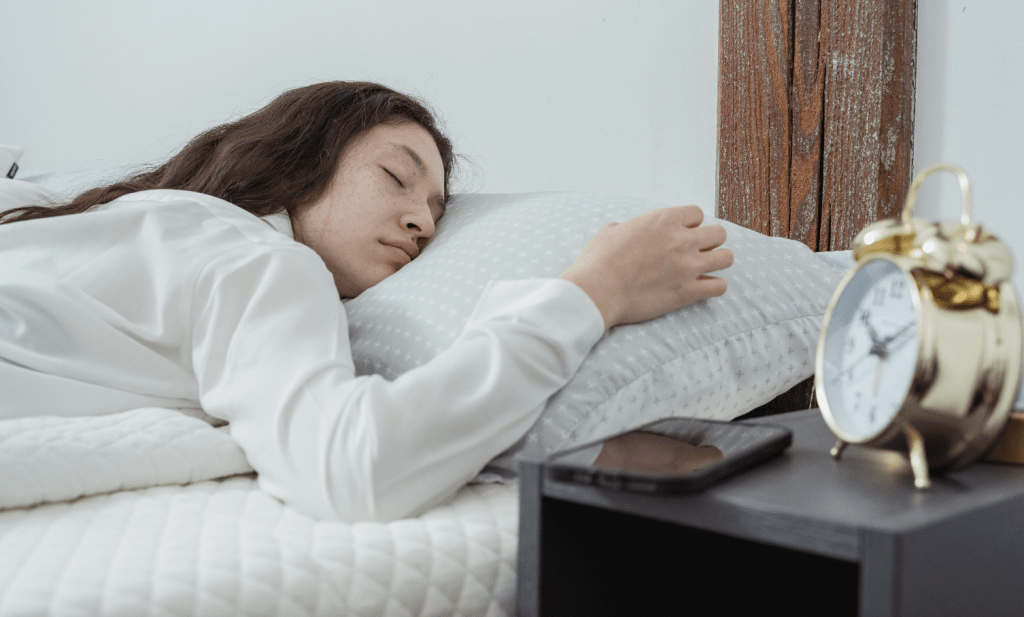Many modern tensions and distractions cause insomnia. Insomnia affects millions worldwide. Many people prefer natural insomnia treatments to over-the-counter and prescription medicines. These natural methods offer fewer side effects and align with holistic health practices. Additionally, they often emphasize overall well-being and lifestyle adjustments that contribute to improved sleep quality.
Natural products as sleep aids
There is a growing demand from businesses for all-natural solutions to sleep problems. For instance, you can find suppliers of goods that are considered to encourage rest and relaxation, like those at onefarm.com. These solutions, which range from premium CBD oils to calming herbal concoctions, are made to help people go to sleep without the negative side effects of conventional drugs.
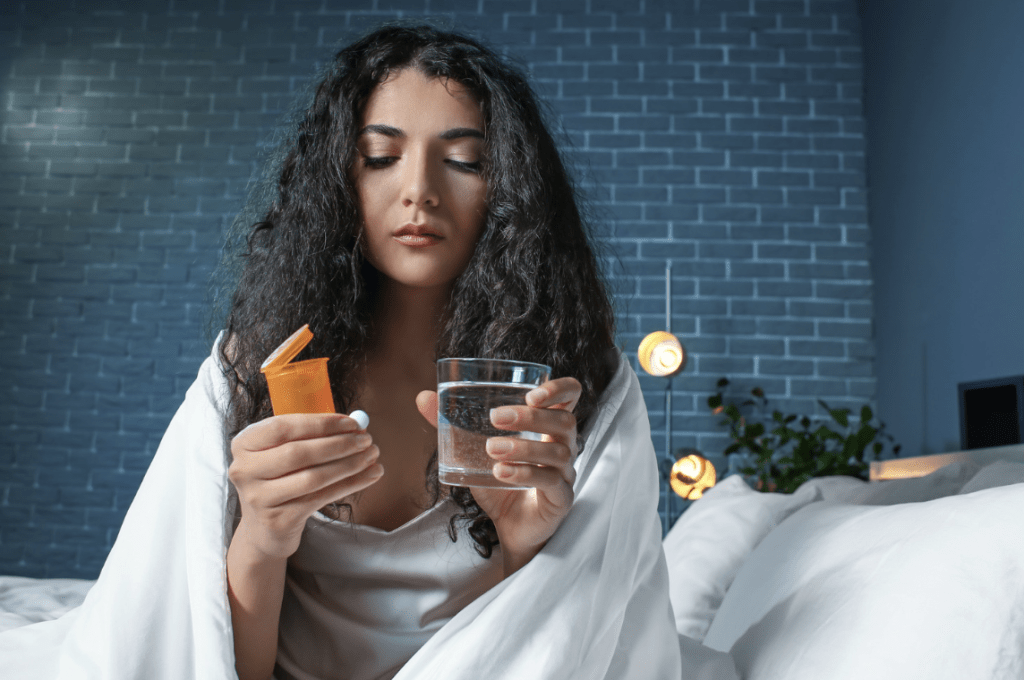

Mindfulness and meditation
Mind training is one of the best insomnia treatments. Mindfulness meditation, which helps with sleep difficulties, calms the mind, and reduces anxiety. Focusing on the present can help people fall asleep. Regular engagement in this practice can foster deeper relaxation, making the transition to sleep smoother. Meditation also boosts the sleep hormone melatonin, further facilitating a restful night and promoting a natural sleep-wake cycle.
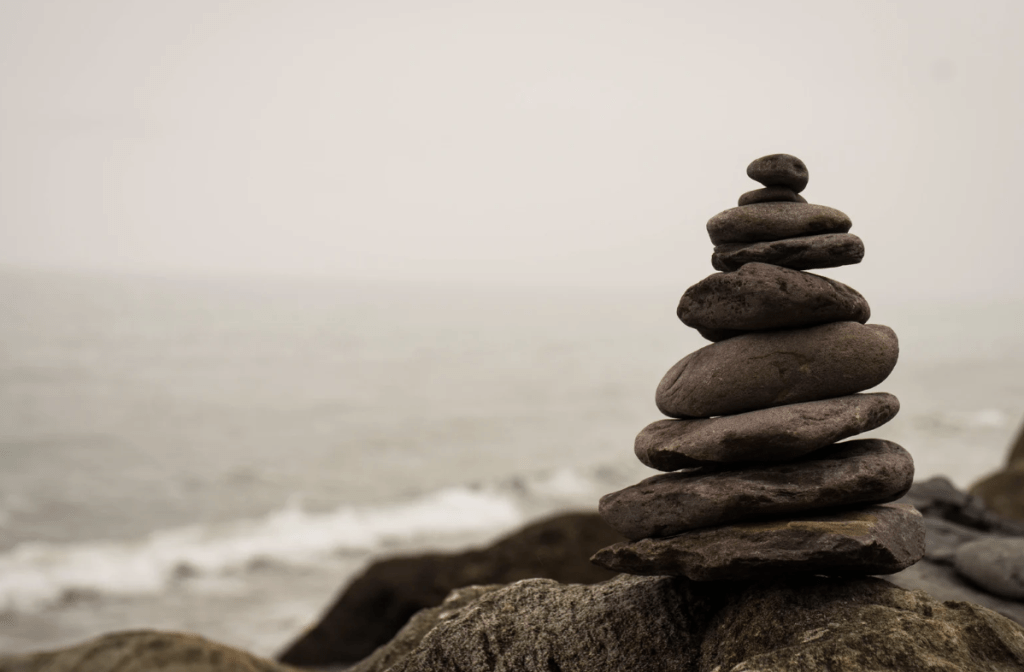
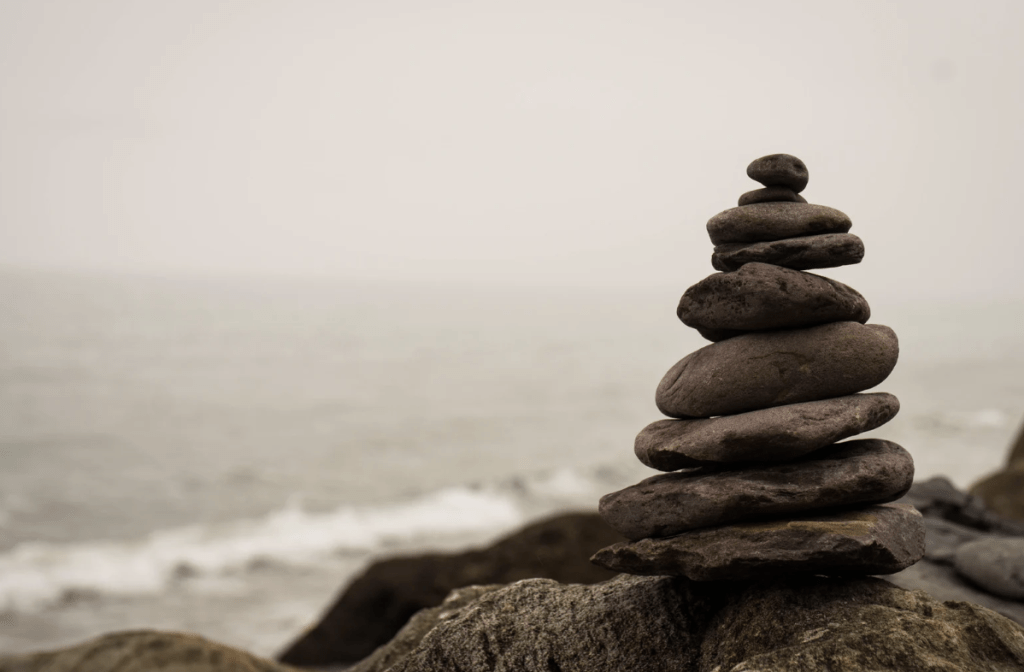
Limiting screen time
Our sleep habits can be severely disturbed by the blue light that is released from phones, computers, and television screens. It is harder to fall asleep when exposed to this kind of light, which inhibits the creation of melatonin. People can greatly enhance the quality of their sleep by developing a nighttime regimen that restricts screen use to at least an hour before bedtime. To get the body ready for sleep, think about reading a physical book, listening to relaxing music, or doing light stretches rather than scrolling through social media or watching TV.


Herbal teas and remedies
There are many natural therapies that can help you unwind and go to sleep. Chamomile, valerian root, and lavender herbal drinks have calmed and prepared people for sleep for millennia. A relaxing routine before bedtime is drinking these teas. Incorporating such a ritual can signal to the body that it’s time to wind down and transition into a restful state. You must choose a caffeine-free tea to ensure that it doesn’t counteract the calming effects or disrupt your sleep cycle.
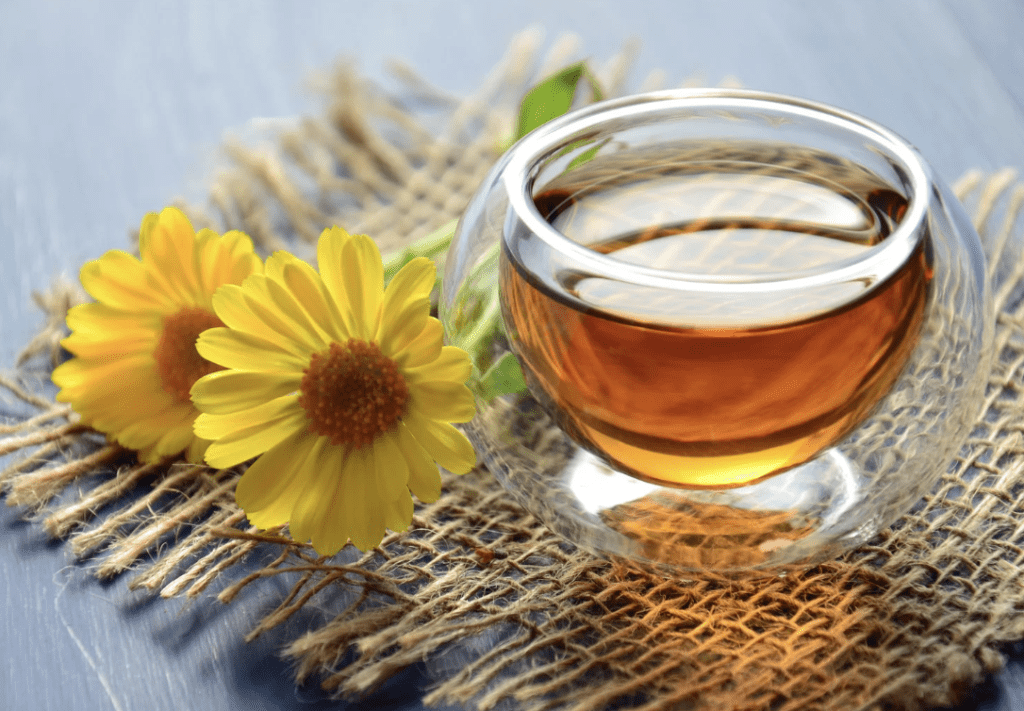
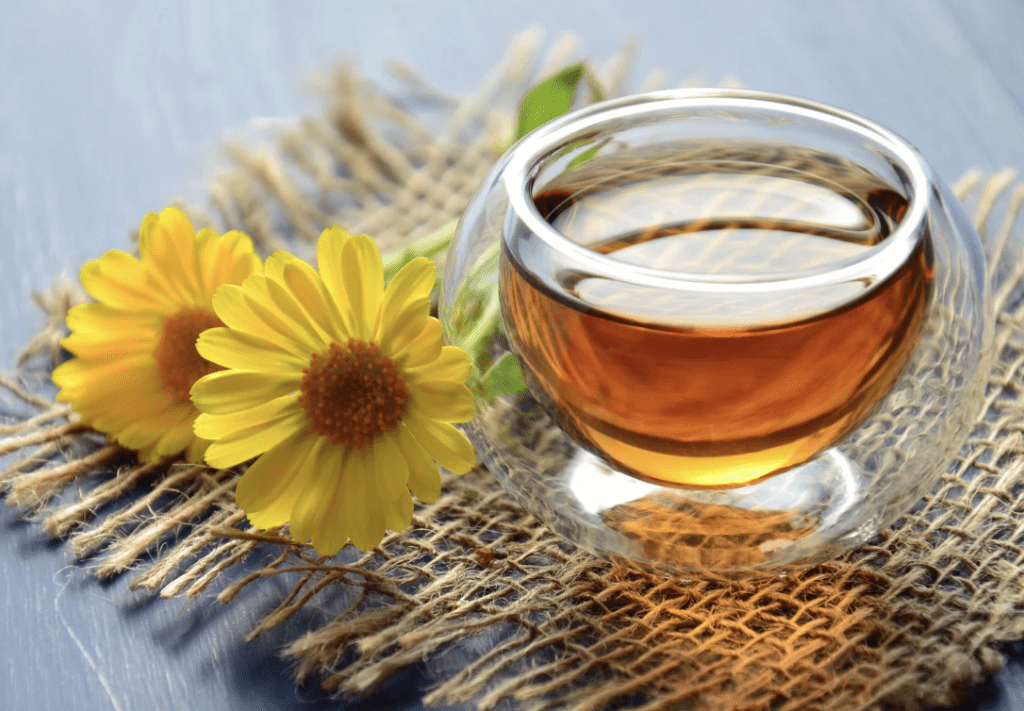
Optimizing the sleep environment
The setting affects how well we sleep. Ambient noise, mattress comfort, and room temperature can affect it. The bedroom should be kept cool, quiet, and dark, according to experts. To create the optimal sleeping environment, think about utilizing blackout curtains, earplugs, or a white noise machine. Making the bedroom a haven for rest and relaxation is the aim.
Even though insomnia can be annoying, there are many different methods that can be used to treat it. Each person can choose a technique that best meets their needs, whether it be using natural items from trusted firms, practicing mindfulness, or improving their environment. The road to improved sleep may need some trial and error and persistence, but the rewards of a restful night’s sleep are unquestionably worthwhile.
WE SAID THIS: Don’t Miss…Recharge & Renew: Join The Rooted Retreat For A Week Of Wellness In Dahab


